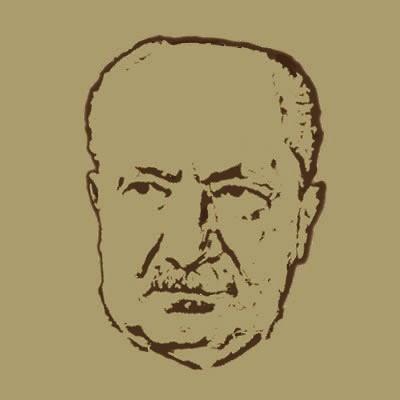Phenomenology and Faith in Early Heidegger
Main Article Content
Abstract
Why does Heidegger, after referring to the methodological need for a foundation of philosophy understood as original pre-theoretical science -in open controversy with both the Marburg school and Dilthey’s historicism- turns to proto-Christianity? Why precisely to Paul of Tarsus? What link exists between the fundamental experience of faith and the designated task of a philosophy understood as original pre-theoretical science? Our hypothesis: Heidegger is trying a phenomenological radicalization. Interpreting Paul’s analysis of religious experience as a possibility of explication which -compared to the methodological goals achieved in the previous courses- satisfies the thematic needs of the original pre-theoretical experience.
Downloads
Article Details

This work is licensed under a Creative Commons Attribution-NonCommercial-NoDerivatives 4.0 International License.
Authors retain ownership of copyright and reproduction rights.
Authors may make other independent and additional contractual arrangements for non-exclusive distribution of the version of the article published in this journal (e.g., inclusion in an institutional repository or publication in a book) as long as they clearly indicate that the work was first published in this journal.
Authors are allowed and encouraged to publish their work on the Internet (e.g. on institutional or personal websites) after the review and publication process, as it may lead to productive exchanges and to a wider and faster dissemination of the published work.
References
de Vitis, P. “Principali interpretazioni della vorlesung heideggeriana”, in A. Molinaro. Heidegger e San Paolo (interpretazioni fenomenologiche dell’epistolario paolino). Città del Vaticano, Urbaniana University, 2008.
Gadamer, H.-G. I sentieri di Heidegger. Tr. R. Cristin. Bologna. Centro editoriale dehoniano (Marinetti), 2018.
Heidegger, M. Phänomenologie des religiösen Lebens. GA 60. Frankfurt am Main, Klostermann, 1995 (Fenomenologia della vita religiosa. Tr. G. Gurisatti. Milano, Adelphi, 2003).
Heidegger, M. Fenomenologia dell’intuizione e dell’espressione. Teoria della formazione del concetto filosofico (GA 59). Tr.. A. Canzonieri. Macerata, Quodlibet, 2012.
Heidegger, M. Interpretazioni fenomenologiche di Aristotele (Introduzione alla ricerca fenomenologica). Tr. De Carolis. Napoli, Guida, 2001.
Le Moli. A. Heidegger: Soggettività e differenza. Questione dell’uomo e impegno ontologico, Milano-Udine, Mimesis Edizioni, 2011.
Regina, U. “Dal tempo cristiano alla filosofia della religione” in Molinaro, A. Heidegger e San Paolo (interpretazioni fenomenologiche dell’epistolario paolino). Città del Vaticano, Urbaniana University, 2008.
Savarino, L. Heidegger e il cristianesimo 1916-1927. Napoli, Liguori Editori, 2001. Volpi, F. Guida a Heidegger. Roma, Laterza, 2005.

